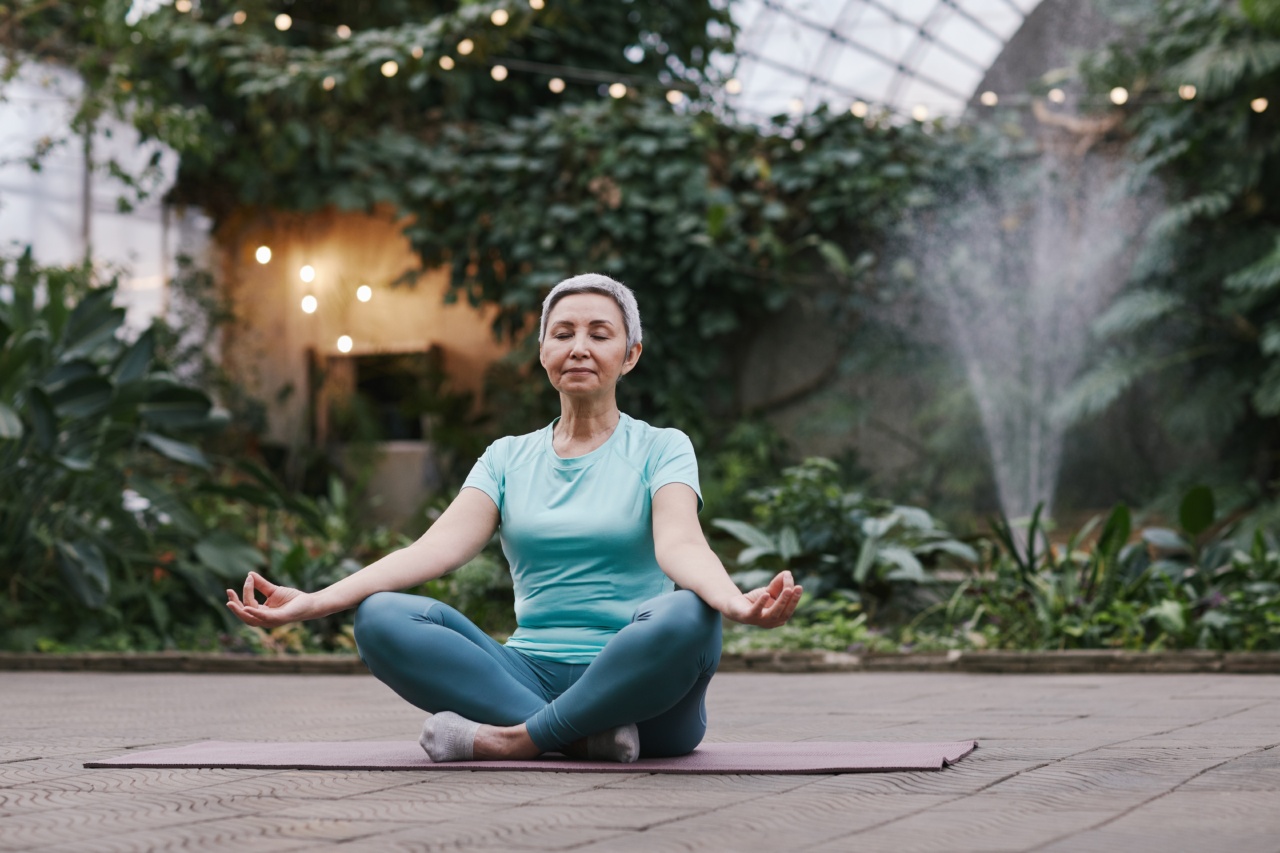Exercise is not only beneficial for physical health but also plays a crucial role in improving mental well-being. Numerous research studies have highlighted the strong link between exercise and positive emotions.
Engaging in regular physical activity can significantly boost mood, reduce symptoms of stress and anxiety, and increase overall happiness. In this article, we will explore the science behind this connection and highlight the various ways exercise can contribute to positive emotions.
1. Release of Endorphins
One of the primary reasons exercise makes us feel good is the release of endorphins—chemicals in the brain that act as natural painkillers and mood elevators.
Endorphins interact with the receptors in our brain, reducing the perception of pain and triggering a positive feeling in the body.
When we exercise, endorphin levels surge, leading to a state of euphoria often referred to as the “runner’s high.” This boost in endorphins is responsible for the feelings of happiness and relaxation commonly experienced after a workout.
2. Reduction of Stress and Anxiety
Regular exercise has been shown to be an effective stress management strategy. When we engage in physical activity, our body releases cortisol, a hormone that helps us respond to stress.
By engaging in exercise, we provide an outlet for built-up tension and stress, thus reducing anxiety levels. Additionally, exercise promotes the release of other chemicals in the brain, such as serotonin and dopamine, which are known to improve mood and decrease symptoms of anxiety and depression.
3. Improved Sleep Quality
It is no secret that exercise can contribute to a good night’s sleep. Physical activity increases the time spent in deep sleep, the most restorative stage of sleep, allowing our body and mind to fully rejuvenate.
Sufficient sleep is essential for maintaining positive emotions, mental clarity, and overall well-being. By incorporating regular exercise into our routine, we can improve the quality and duration of our sleep, leading to more positive emotions and enhanced cognitive function during the day.
4. Enhanced Brain Function
Exercise has been found to have numerous positive effects on brain function, including improved memory, enhanced creativity, and increased cognitive performance.
Physical activity stimulates the production of new brain cells, improves blood flow to the brain, and increases the connectivity between different parts of the brain. These changes contribute to better mental clarity, focus, and overall cognitive function. By engaging in regular exercise, we can boost our brainpower and experience a more positive outlook on life.
5. Boosted Self-Confidence
Regular exercise can significantly improve our self-confidence and self-esteem. When we set fitness goals and achieve them through consistent effort, we experience a sense of accomplishment and pride in our capabilities.
Moreover, exercise can lead to improvements in body composition, increased strength and endurance, and enhanced physical appearance—all of which contribute to a positive body image and overall self-confidence. Feeling good about our bodies can have a profound influence on our emotional well-being.
6. Social Interaction and Connection
Participating in physical activities often involves social interaction and connection with others.
Whether it’s joining a sports team, attending group exercise classes, or going for a walk with a friend, exercise provides opportunities for social engagement. Social interactions stimulate the release of oxytocin, a hormone that promotes feelings of trust, bonding, and happiness.
Engaging in exercise with others also offers a support system, motivation, and a sense of belonging, all of which contribute to positive emotions and overall well-being.
7. Distraction from Negative Thoughts
Exercise serves as a powerful distraction from negative thoughts and rumination. When we engage in physical activity, we shift our focus away from daily stressors, problems, and negative emotions.
Whether it’s going for a jog, practicing yoga, or cycling, exercise forces us to be present in the moment, diverting our attention away from worries and allowing us to experience a sense of flow and mindfulness. By focusing on the physical sensations and the task at hand, we can find temporary relief from negative thoughts and experience a more positive mindset.
8. Neurochemical Balance
The link between exercise and positive emotions can be attributed to the balance of various neurochemicals in the brain.
Exercise helps regulate the levels of neurotransmitters such as serotonin, dopamine, and norepinephrine, which are involved in mood regulation. By increasing the availability of these neurotransmitters, exercise can stabilize and uplift our mood, reducing the risk of mood disorders and promoting positive emotions.
This neurochemical balance achieved through exercise contributes to an overall sense of well-being.
9. Empowerment and Resilience
Regular exercise can empower individuals and build resilience in the face of adversity. Through physical activity, we challenge ourselves, face obstacles, and push beyond our perceived limitations.
Each time we overcome a physical hurdle, we develop a sense of resilience and mental fortitude that extends beyond the realm of exercise. This newfound resilience can help us cope with various stressors in life and maintain a positive attitude even in difficult times.
10. Long-Term Psychological Benefits
The positive effects of exercise on emotions extend beyond immediate mood enhancement. Engaging in regular physical activity has been associated with a reduced risk of developing mental health conditions such as depression and anxiety.
It has also been linked to improved quality of life, higher levels of life satisfaction, and increased overall happiness. By incorporating exercise into our lifestyle, we are investing in long-term psychological well-being and setting ourselves up for a happier and mentally healthier future.






























